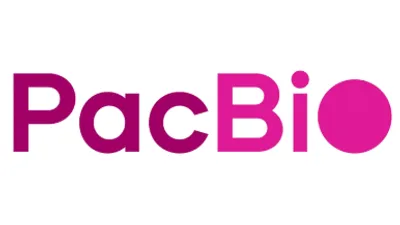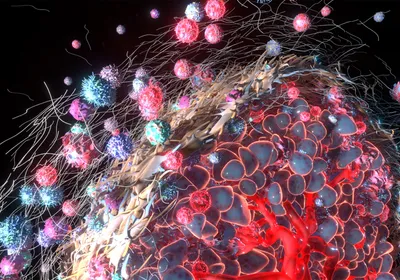ABOVE: Interior of mouse large intestine, with E. coli stained red, other bacteria green, and host cells purple. After tungsten treatment (right), the E. coli population is significantly reduced.
WINTER LAB, UT SOUTHWESTERN
Tweaking the composition of gut bacteria in mice stymies inflammation and the growth of tumors in their colons, researchers reported July 29 in the Journal of Experimental Medicine.
Inflammatory bowel disease, which affects more than 1.6 million Americans, is tied to an imbalance of certain bacterial populations in the gut and an increased risk of colorectal cancer. Scientists aimed to subdue these harmful microbes in mice, specifically modifying the function of a subset of E. coli that produce a DNA-damaging toxin and incite tumor growth in animal models. By administering water-soluble tungsten salt to model mice, the scientists suppressed the bacteria’s ability to generate energy.
“Restricting the growth of these bacteria decreased intestinal inflammation and reduced the incidence ...























